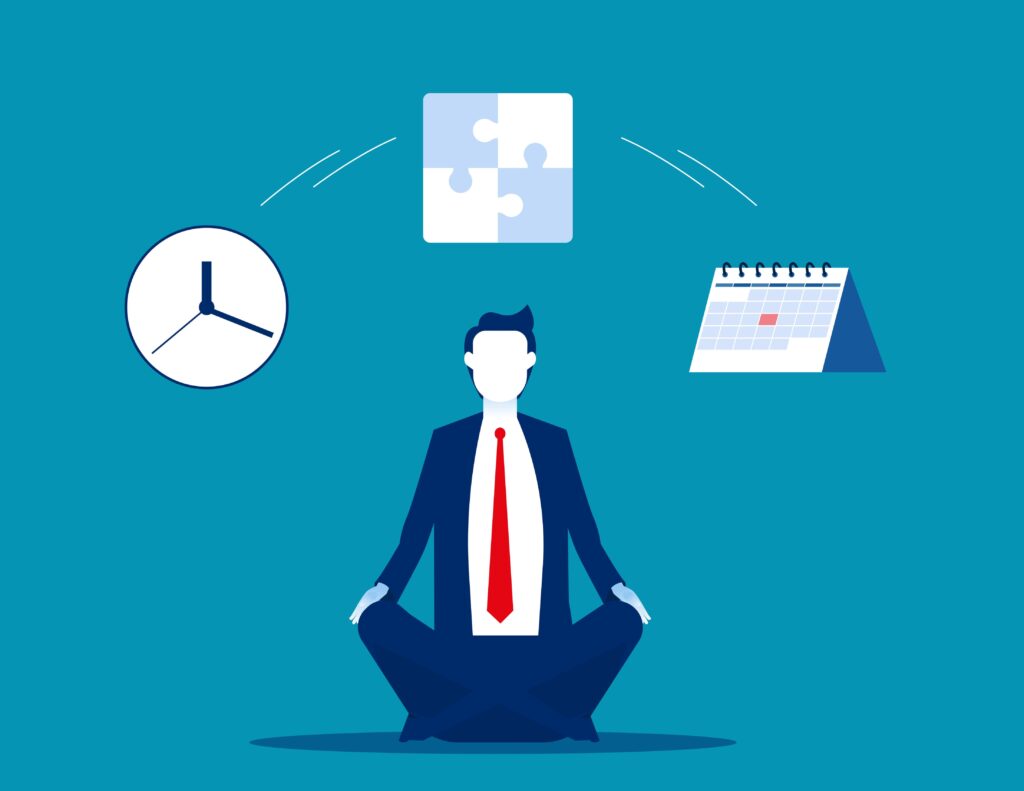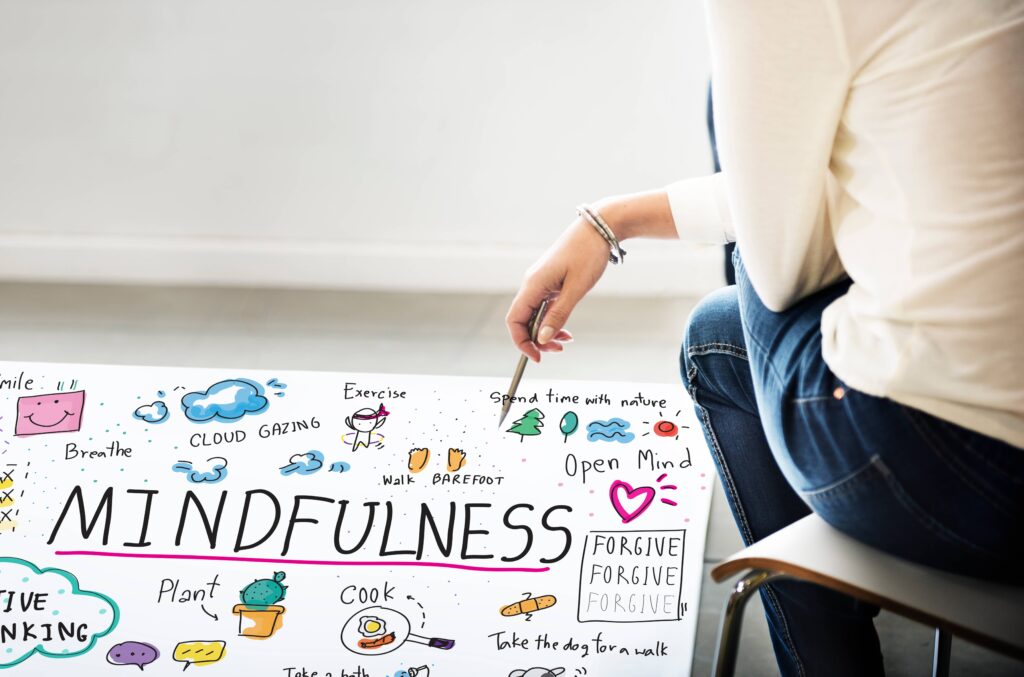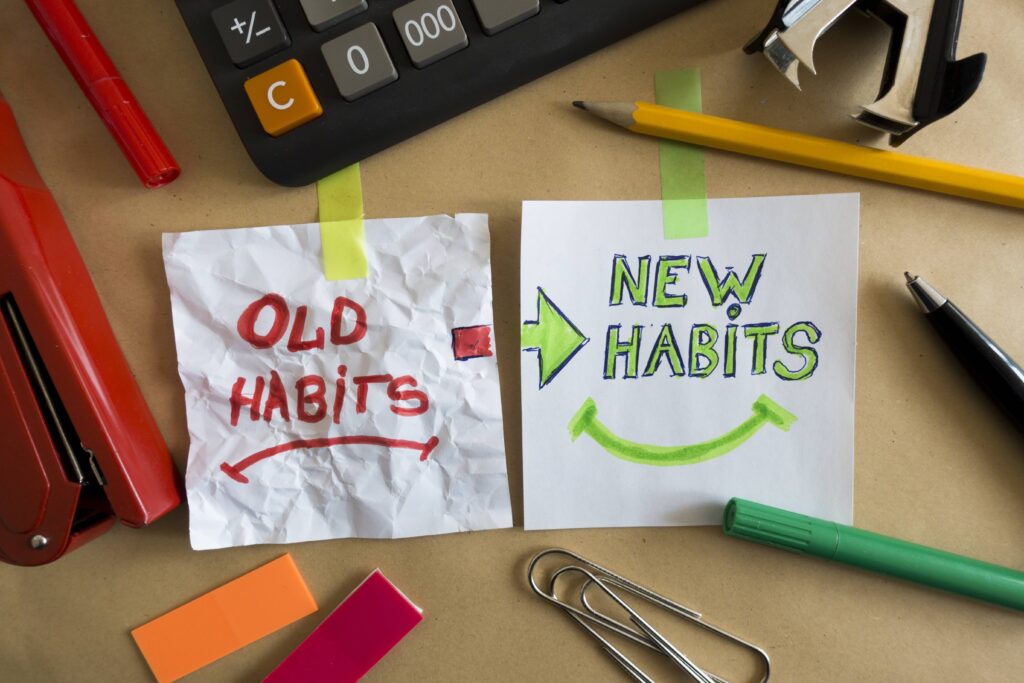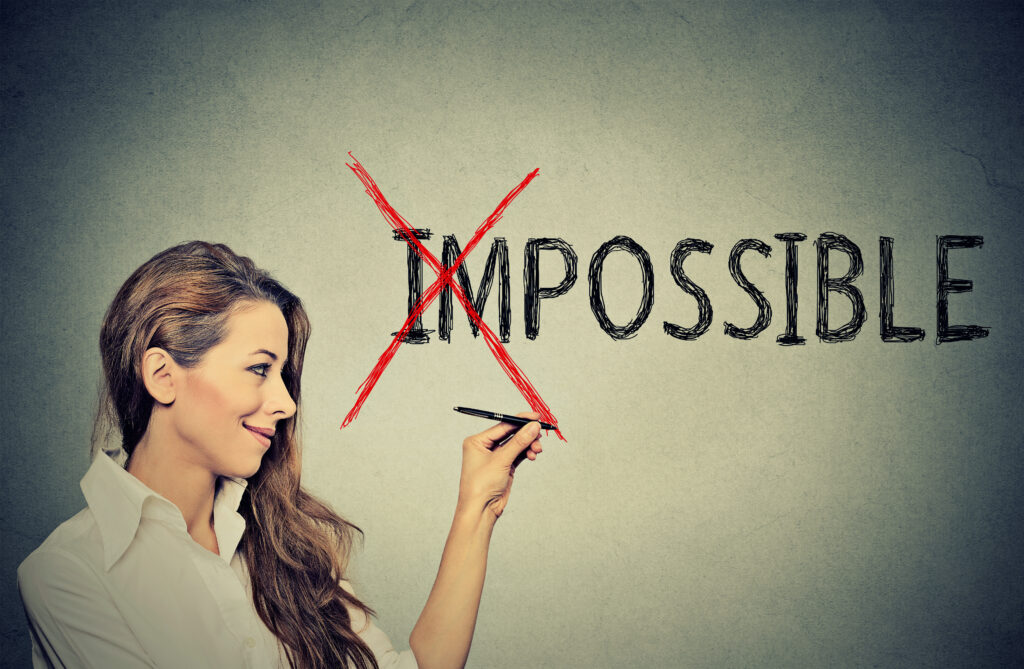
Introduction
A. Explanation of Mindfulness and Self-Discipline
Mindfulness is all about being present in the moment and focusing on your thoughts and feelings. It’s about being aware of your surroundings and finding inner peace. On the other hand, self-discipline is the ability to control your thoughts, emotions and actions in order to reach your goals. Both mindfulness and self-discipline are essential for getting your life together.
B. Benefits of Mindfulness and Self-Discipline in Getting Your Life Together
If you’re anything like me, you’ve probably struggled at times with keeping your life together. Whether it’s staying focused at work, managing your finances, or finding time for self-care, it can be tough to keep it all together. But that’s where mindfulness and self-discipline come in. These two practices can help you find balance, increase your focus, and achieve your goals.
C. Thesis Statement
In this article, we’ll explore how incorporating mindfulness and self-discipline into your daily life can help you get your life together. Whether you’re a busy professional, a student, or just someone looking to make positive changes in your life, these practices are a great way to start.
Let me share a personal story with you. A few years ago, I was working a full-time job and going to school part-time. I was constantly stressed and feeling overwhelmed. That’s when I discovered mindfulness and self-discipline. I started practicing mindfulness each day and setting goals for myself. I soon realized that incorporating these two practices into my life had a significant impact. I was able to better manage my time, increase my focus, and ultimately achieve my goals.
So, if you’re looking for an effective way to get your life together, read on!
What is Mindfulness and Self-Discipline?

A. Definition of Mindfulness
Let’s start with mindfulness. This is a practice that involves paying attention to your thoughts, feelings, and physical sensations in the present moment. It’s about being fully engaged in the moment, rather than thinking about the past or worrying about the future.
You take a break from your hectic life and just focus on yourself and your surroundings. It’s a chance to clear your mind and find inner peace. And the best part is, you don’t even have to leave your house to do it!
B. Definition of Self-Discipline
Self-discipline, on the other hand, is about being able to control your thoughts, emotions, and actions in order to reach your goals. It’s about being able to resist temptation and stay focused on what’s important to you.
You set the rules, you make the plan, and you follow through with it. And the best part is, you get to reap the rewards of your hard work.
C. Importance of Both in Achieving Success
Now, you might be thinking, “That sounds great, but how exactly do mindfulness and self-discipline help me get my life together?” Well, the answer is simple. By incorporating these practices into your daily life, you’ll be able to increase your focus, improve your decision-making skills, and ultimately achieve your goals.
Mindfulness helps you clear your mind and be more in tune with yourself, while self-discipline helps you stay focused and follow through with your plans. Together, they help you become the best version of yourself.
Read More: How to Make Money in the Food Business: Tips, Strategies, and Frequently Asked Questions
Benefits of Mindfulness and Self-Discipline

A. Increased Focus and Concentration
One of the biggest benefits of mindfulness and self-discipline is increased focus and concentration. When you practice mindfulness, you’re training your brain to stay in the present moment and avoid distractions. And when you practice self-discipline, you’re setting boundaries and staying focused on your goals.
Together, these practices help you eliminate distractions and increase your productivity. Just imagine how much more you could get done in a day if you were able to stay focused on the task at hand. It’s like having superpowers, without the cape!
B. Better Decision-Making and Problem-Solving Skills
Another benefit of mindfulness and self-discipline is improved decision-making and problem-solving skills. When you’re mindful, you’re able to stay calm and clear-headed even in stressful situations. And when you have self-discipline, you’re able to think before you act and make decisions that are in line with your goals.
You’ll be able to navigate life’s challenges with ease and make decisions that will help you achieve your goals.
C. Improved Emotional Regulation
Mindfulness and self-discipline can also help you improve your emotional regulation. By being mindful, you’re able to identify and understand your emotions. And by practicing self-discipline, you’re able to control your emotional reactions and respond in a healthy way.
No more letting your emotions control you, you’ll be in control of them!
D. Increased Self-Awareness and Self-Control
Finally, mindfulness and self-discipline can help you increase your self-awareness and self-control. By being mindful, you’ll be able to understand your thoughts and feelings. And by practicing self-discipline, you’ll be able to control your thoughts, emotions, and actions.
You’ll be able to understand yourself better and make changes that will help you achieve your goals.
Read More: 13 Money Moves to Make in Your 20s for Financial Success
How to Incorporate Mindfulness and Self-Discipline into Your Life

A. Making Mindfulness and Self-Discipline Habits
If you want to get the full benefits of mindfulness and self-discipline, you need to make them habits. The key to making any habit stick is to start small and build up gradually. So, if you’re new to mindfulness and self-discipline, start with just a few minutes each day.
Think of it like starting a workout routine. You wouldn’t jump into running a marathon on your first day, would you? No, you’d start with a short walk or jog and gradually build up over time. The same goes for mindfulness and self-discipline.
B. Finding Mindfulness and Self-Discipline Practices that Work for You
Everyone is different, and what works for one person may not work for another. So, it’s important to find mindfulness and self-discipline practices that work for you.
For example, some people find that meditation works best for them, while others prefer journaling or exercise. The key is to find what works best for you and stick with it.
C. Setting Aside Time for Mindfulness and Self-Discipline Each Day
Finally, you need to set aside time each day for mindfulness and self-discipline. This can be first thing in the morning, during your lunch break, or before bed. Whatever works best for you, just make sure you set aside time each day to practice.
It’s like brushing your teeth or taking a shower. You wouldn’t skip these daily rituals, so don’t skip your mindfulness and self-discipline practices.
Common Challenges and How to Overcome Them

A. Difficulty Staying Focused
One of the biggest challenges people face when it comes to mindfulness and self-discipline is staying focused. It’s easy to get distracted by emails, social media, or even just your own thoughts.
But don’t worry, there’s a simple solution. Find a quiet, distraction-free space. Turn off your phone, close your email, and give yourself permission to focus solely on the present moment.
Another tip is to set a timer. It’s easier to stay focused when you know you only have to focus for a set amount of time. So, start with just five minutes and gradually increase the amount of time as you get better at staying focused.
B. Lack of Motivation
Another common challenge people face is a lack of motivation. It’s hard to get started when you’re feeling unmotivated, but once you get going, the momentum will carry you.
The key is to start small and make it fun. Find mindfulness and self-discipline practices that you enjoy, like a guided meditation with a calming soundtrack or a self-discipline workout with a fun playlist.
C. Resistance to Change
Finally, many people resist change. They’re comfortable with their current habits and don’t want to try something new.
But change is necessary for growth and improvement. And who knows, you might even find that you enjoy mindfulness and self-discipline.
Mindfulness and Self-Discipline in Different Aspects of Life
A. Mindfulness and Self-Discipline in Work
Have you ever had one of those days at work where you just can’t seem to focus? You’re constantly checking your phone, getting up for coffee, or just generally feeling distracted.
Well, that’s where mindfulness and self-discipline come in. By taking just a few minutes each day to practice mindfulness, you’ll be able to increase your focus and productivity at work.
And by incorporating self-discipline into your work habits, you’ll be able to set and achieve your work goals. Whether it’s hitting your deadline or finally finishing that project you’ve been putting off, self-discipline can help you get it done.
B. Mindfulness and Self-Discipline in Relationships
We all have relationships in our lives, whether they’re with a significant other, friends, or family. And let’s be honest, relationships can be tough!
But mindfulness and self-discipline can help you navigate even the most challenging of relationships. By being present in the moment, you’ll be able to better understand and connect with the people in your life.
And with self-discipline, you’ll be able to set boundaries and stick to them. Whether it’s setting aside time for self-care or saying no to a commitment that’s just not feasible, self-discipline can help you maintain healthy relationships.
C. Mindfulness and Self-Discipline in Personal Growth
Finally, mindfulness and self-discipline can be incredibly powerful tools for personal growth. By practicing mindfulness, you’ll become more self-aware and better able to identify your thoughts, feelings, and behaviors.
And with self-discipline, you’ll be able to set and achieve your personal growth goals. Whether it’s learning a new skill, starting a new hobby, or simply working on your mental and emotional well-being, self-discipline can help you get there.
Whether you’re looking to improve your work life, your relationships, or your personal growth, mindfulness and self-discipline are the tools you need to get your life together.
Read More: 32 Ways To Make Money on the Side with a Full Time Job
Mindfulness, Self-Discipline, and Self-Care

A. The Connection Between Mindfulness, Self-Discipline, and Self-Care
You might be thinking, “Wait, self-care? Isn’t that just bubble baths and face masks?” While those things are certainly a form of self-care, the idea of self-care is so much more.
Self-care is about taking care of your physical, mental, and emotional well-being. And it’s closely connected to both mindfulness and self-discipline.
By incorporating mindfulness into your self-care routine, you’ll be able to better understand your needs and identify what self-care practices work best for you. And with self-discipline, you’ll be able to prioritize your self-care and make it a habit.
B. The Importance of Self-Care in Getting Your Life Together
Self-care might seem like a luxury, but it’s actually essential in getting your life together. When you’re taking care of yourself, you’re better able to handle stress, make better decisions, and just generally feel better.
Think of it this way: if you’re running low on gas, you wouldn’t expect your car to keep running, right? The same goes for your body and mind. If you’re not taking care of yourself, you’re not going to be able to function at your best.
C. Simple Self-Care Practices to Incorporate with Mindfulness and Self-Discipline
So, what are some simple self-care practices you can incorporate into your routine? Here are a few to get you started:
– Take a few deep breaths each day.
Just taking a few minutes to focus on your breathing can help you feel more centered and calm.
– Set aside time each day for physical activity.
Whether it’s a yoga class, a walk, or a workout, physical activity is a great way to care for your body and mind.
– Practice gratitude.
Each day, write down three things you’re thankful for. This simple practice can help you focus on the positive and improve your overall well-being.
Incorporating self-care practices like these into your routine, along with mindfulness and self-discipline, can help you get your life together and feel your best.
Overcoming Negative Thoughts and Patterns

A. Understanding negative thoughts and patterns
We all have those inner voices that bring us down and keep us stuck in negative patterns of thinking. You know, the ones that tell us we’re not good enough, that we’ll never achieve our goals, or that we’ll always be stuck in this rut. It’s important to recognize these negative thoughts and patterns and understand their impact on our mental and emotional well-being.
B. How mindfulness and self-discipline can help break negative thought patterns
By practicing mindfulness and self-discipline, we can develop a greater awareness of these negative thoughts and patterns, and work to break them. By focusing on the present moment, we can learn to recognize when our thoughts are negative and begin to shift our focus to something more positive and productive. Additionally, self-discipline can help us maintain a healthy mindset even when we’re feeling discouraged or overwhelmed, by giving us the tools we need to persevere in the face of adversity.
C. Simple mindfulness and self-discipline exercises for overcoming negative thoughts
There are many simple exercises you can use to help overcome negative thoughts and patterns, such as mindfulness meditation, journaling, and self-reflection. Mindfulness meditation involves sitting quietly and focusing on your breath, allowing thoughts to come and go without judgement. Journaling can help you identify and process negative thoughts, and self-reflection can help you gain greater insight into the root causes of your negative thought patterns. Additionally, setting achievable goals and prioritizing self-care can also help shift negative thought patterns and increase overall well-being.
By incorporating mindfulness and self-discipline into your daily routine, you can develop a greater sense of control over your thoughts, emotions, and patterns of behavior. With time and dedication, you can turn your life around and live a happier, more fulfilling life.
Read More: The Road to Wealth: Proven Strategies for Quickly Becoming a Millionaire
Conclusion
A. Recap of the importance of mindfulness and self-discipline in getting your life together
Mindfulness and self-discipline are powerful tools that can help us get our lives together by increasing our focus, self-awareness, and emotional regulation. By incorporating these practices into our daily routines, we can improve our decision-making skills, reduce stress and negativity, and achieve our goals more effectively.
B. Final thoughts and encouragement to make mindfulness and self-discipline a part of daily life
Getting your life together is not a one-time event, it’s a journey. And like all journeys, it requires dedication and effort. But the good news is, you don’t have to do it alone! By incorporating mindfulness and self-discipline into your daily life, you’ll have the tools you need to achieve your goals, overcome obstacles, and live a happier, more fulfilling life.
C. Call to action to start incorporating mindfulness and self-discipline today
So, what are you waiting for? Take control of your life today! Start small, with just a few minutes of mindfulness and self-discipline each day, and watch as your life transforms before your very eyes. Remember, the power of mindfulness and self-discipline lies within you – all you have to do is tap into it!
Frequently Asked Questions
A: Mindfulness is the practice of being present and fully engaged in the current moment, paying attention to your thoughts, feelings, and sensations without judgment. It helps increase self-awareness and reduce stress.
A: The benefits of mindfulness and self-discipline can be seen in as little as a few days to a few weeks, but the key is to make these practices a daily habit. The more consistent you are with your mindfulness and self-discipline practices, the quicker you’ll see the benefits.
A: No, mindfulness is for everyone! It can help improve focus, reduce stress and increase happiness, regardless of whether someone has a mental health issue or not.
A: Self-discipline is the ability to control one’s thoughts, emotions, and behaviors in order to achieve a goal. It’s important in getting your life together because it helps you stick to your goals and overcome obstacles, leading to greater success and satisfaction in life.
A: Some simple mindfulness and self-discipline practices include: daily meditation, writing in a journal, exercise, and setting aside time each day for self-reflection and goal setting.
A: Yes, mindfulness and self-discipline can help break negative thought patterns by increasing self-awareness and reducing stress. By focusing on the present moment, you can gain a better understanding of your thoughts and emotions, and make positive changes to your thought patterns.
